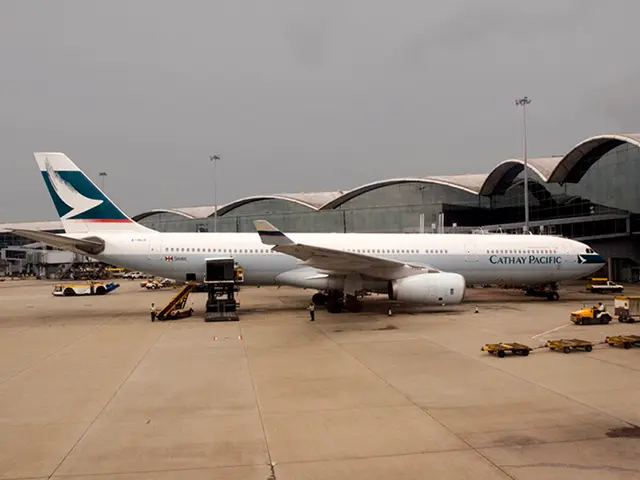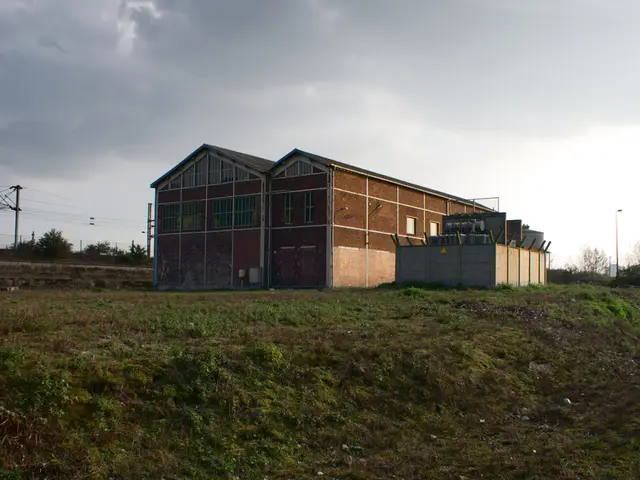An Ongoing Feud: Germany and Poland's Struggle Over Immigration Policies and Border Controls
Merz's migration route excludes Tusk's location.
In the wake of Germany's incoming government under Chancellor Friedrich Merz, tensions with Poland have intensified. Merz's aggressive stance on border controls and refugee policies has raised eyebrows, particularly in Warsaw.
Merz and his coalition have vowed to strengthen border controls, denying entry to most asylum seekers arriving without proper documentation and deploying additional border police. This hardline approach is intended to curb irregular migration and harmonize with other nations' stricter border management efforts.
However, Poland has voiced displeasure with these measures, fearing they might inflame international tensions and endanger bilateral relations. The Polish government is concerned that Merz's unilateral actions may not account for neighboring countries' concerns, despite Germany's insistence on collaboration in its coalition agreement [1][2].
Moreover, the European Commission cautions against pushbacks at the border, citing EU law, and has called for fair access to the asylum process. Although Poland has been granted a temporary exemption to resist asylum claims when migration is weaponized, this exception does not apply in Germany's current situation. Some German coalition members, such as the SPD, have raised concerns that these strict new measures may contravene EU legal standards [2][4].
As the EU prepares for the launch of the European Travel Information and Authorization System (ETIAS) in 2026, both Germany and its European partners are cracking down on deportations, scrutinizing travelers more closely. Recent court decisions have expedited deportations, including that of able-bodied migrants within the EU, bolstering the EU's broader effort to restrict secondary movements and close gaps in immigration policy [5].
| Aspect | Germany’s Stance | Poland’s Stance ||---------------------|--------------------------------------------------------------|------------------------------------------------------------|| Border Controls | Strict, extensive, most asylum seekers denied | Opposes unilateralism, calls for collaboration || Legal Framework | Coalition permits rejections, SPD concerned about EU law | EU exception for weaponized migration only || Deportation Policy | More aggressive, even within EU | Not directly addressed in recent disputes || Diplomatic Tone | Focused on control, anti-irregular migration stance | Concerned about damaging bilateral relations |
Moving forward, the German-Polish disagreement over border controls and immigration policies is likely to remain a contentious issue, with the legitimacy and effectiveness of these policies up for debate both domestically in Germany and within the broader EU context [1][2][4].
- Chancellor Friedrich Merz's employment policy, emphasizing border controls and refugee policies, has sparked disagreement with Poland, particularly in relation to EU law and asylum procedures.
- The Polish government's employment policy leans towards cooperation and collaboration, fearing Merz's unilateral actions may negatively impact bilateral relations and international tensions.
- Germany's employment policy, under Chancellor Merz, involves a hardline approach to employment policy, with denial of entry for most asylum seekers and increased border police, in line with stricter border management strategies in other nations.
- The European Commission's policy-and-legislation is cautious against pushbacks at the border, citing EU law, and advocates for fair access to the asylum process, raising concerns about potential breaches of legal standards in Germany's new employment policy.
- The recent court decisions in regards to migration and deportation policies within the EU have bolstered the EU's effort to restrict secondary movements and close gaps in immigration policy, reflecting a broader consensus towards stricter employment policies.







